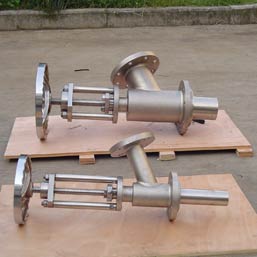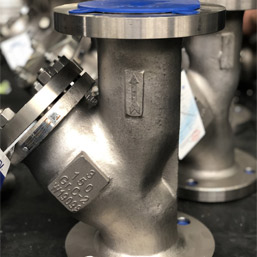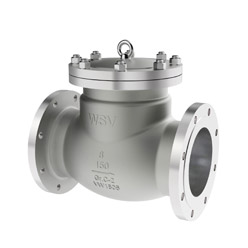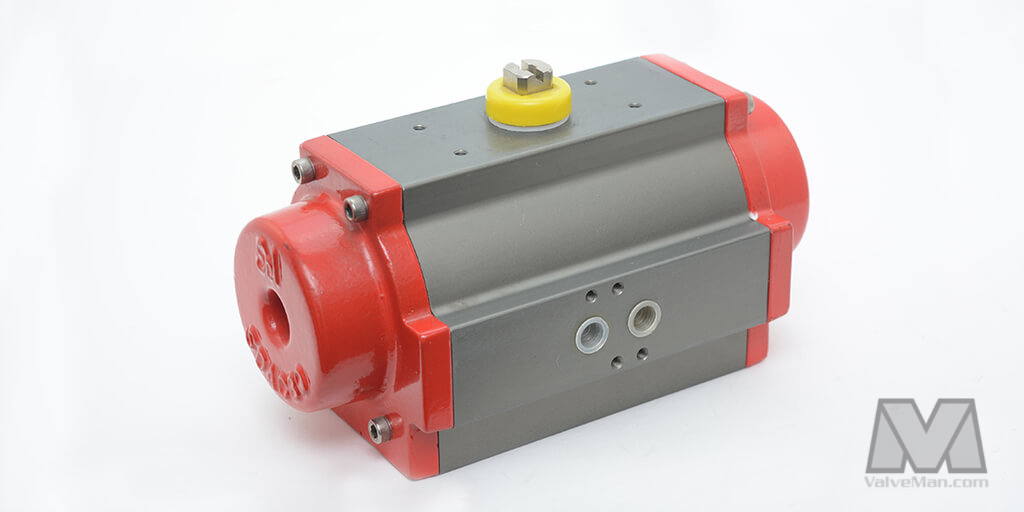Speed control for single phase AC motors is no longer just a luxury but a necessity in today’s industrial and domestic systems. This article covers the basics, highlights advanced applications, and discusses its importance in specialized sectors like geomembrane manufacturing.
What is the basic principle of motor speed control?
The principle revolves around altering the electrical input parameters (voltage, frequency, or phase) to achieve the desired motor speed. This ensures the motor’s performance aligns with operational needs.



How has technology improved motor speed control?
Technological advancements include:
- AI-Driven Controllers: Provide predictive speed adjustments.
- IoT Integration: Enables remote monitoring and control.
- High-Efficiency Drives: Minimize energy loss while offering precise control.
What are some practical applications?
Applications include:
- Food Processing Machines: Precise motor control ensures consistent product quality.
- Geomembrane Extrusion: Accurate speed control enhances material uniformity and reduces waste.
What future developments are expected in this field?
Future developments may involve:
- Enhanced AI Systems: For better adaptability.
- Lower Cost Solutions: To make advanced controls accessible to small-scale industries.
- Sustainable Materials: For eco-friendly manufacturing of control systems.
Single phase AC motor speed control continues to evolve, enabling better efficiency and adaptability. Industries such as geomembrane manufacturing benefit greatly from its precision and sustainability.
